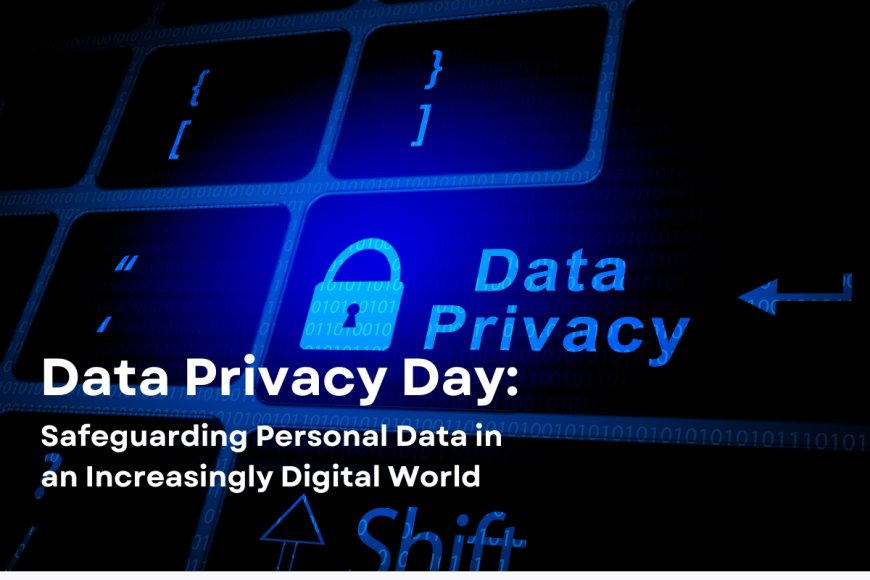Securing Personal Data: A Look at Data Privacy Day and India’s Legal Framework
Data Privacy Day, observed on January 28, emphasizes the importance of protecting personal data. It highlights data privacy’s significance, global frameworks like India’s DPDP Act, and the role of emerging technologies in safeguarding information.

Every year on January 28, the world commemorates Data Privacy Day, which emphasises the necessity of protecting personal and sensitive data. Originally known as Data Protection Day in Europe, it spread to the United States and Canada in 2008. The day marks the signing of Convention 108 in 1981, the first international pact addressing data privacy and protection.
Understanding Data Privacy
Data privacy refers to the protection of personal and sensitive information that can be used to identify an individual, such as contact information, financial information, health records, and internet activity. Protecting this information ensures identity protection, financial security, and freedom from discrimination, monitoring, and cyber risks.
The Importance of Data Privacy
Experts emphasise the crucial need for data protection. Exposed personal information might result in identity theft, financial fraud, or harassment. Protecting sensitive data, such as health status or political beliefs, guarantees that it is not utilised for discriminatory purposes. Data privacy also allows users to preserve control over their personal information while protecting against large-scale cyberattacks.
India’s Data Privacy Framework
India's Digital Personal Data Protection Act (DPDP Act) is consistent with worldwide standards such as the EU's General Data Protection Regulation (GDPR). The DPDP Act emphasises permission, transparency, and technical safeguards, but only applies to digital data, leaving non-digital information unregulated. The DPDP Act's legal provisions grant Indian people rights such as data access, correction, erasure, and grievance redressal through the Data Protection Board of India (DPBI).
However, issues persist. Experts identify shortcomings, such as dependency on consent, limited coverage of non-digital data, and operational complexity. Integrating sector-specific regulations with the DPDP Act is still a work in progress.
Technology & Privacy
Emerging technologies such as AI, IoT, and blockchain play critical roles in data security. AI can proactively detect and prevent intrusions, whereas blockchain ensures data integrity and decreases vulnerabilities via decentralisation. However, these developments need stronger adherence to data privacy guidelines.
Tips for Improving Data Security
- Use strong and unique passwords
- Enable two-factor authentication
- Regularly update software
- minimise sharing of data on social media
- Encrypt sensitive files
- Backup data regularly
As technology advances, protecting data privacy becomes increasingly important in creating a more secure and dependable digital ecosystem.







